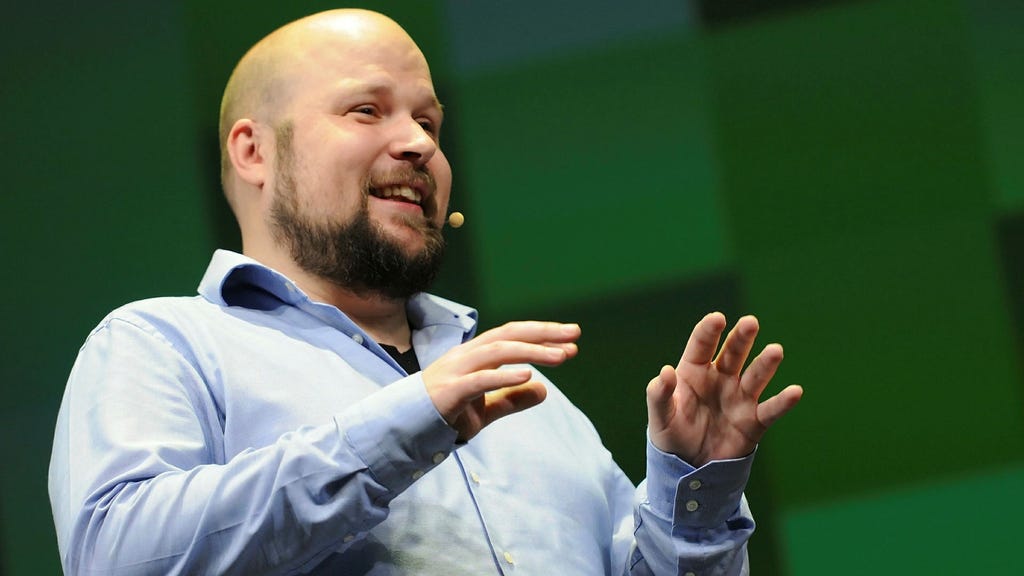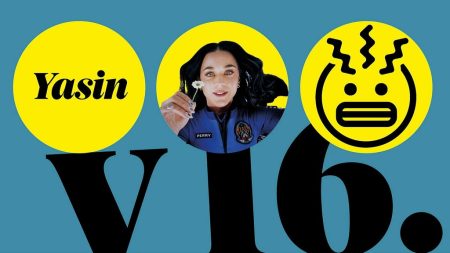Markus ”Notch” Persson, the creator of the global phenomenon Minecraft, has sparked renewed interest in his future game development endeavors. In a recent interaction with his online followers, Persson gauged interest in a potential ”Minecraft 2,” a prospect that was met with overwhelmingly positive feedback. However, due to the sale of Mojang, the studio behind Minecraft, and the game’s intellectual property rights to Microsoft in 2014, a direct sequel under the ”Minecraft” banner is legally impossible. Persson acknowledged this limitation, stating that creating a ”Minecraft 2” would be ”super illegal.” Instead, he proposed developing a new, original game in the same vein as Minecraft, a spiritual successor, albeit under a different name. While acknowledging that the term ”spiritual successor” often feels somewhat lackluster, he expressed enthusiasm for undertaking such a project if it aligned with his audience’s desires.
This potential new game, while sharing similarities with Minecraft, would represent a distinct entity, separate from the Minecraft universe now under Microsoft’s stewardship. The core gameplay mechanics and the overall feel might evoke the original Minecraft experience, but it would necessitate a new name, new assets, and potentially new features to distinguish itself. This approach is common in the game industry, where creators, bound by legal agreements or seeking creative freedom, revisit familiar territories with fresh perspectives. These ”spiritual successors” offer fans a chance to reconnect with beloved gameplay styles while simultaneously experiencing the evolution of the creator’s vision.
However, despite the positive response to the idea of a Minecraft-like successor, Persson’s immediate focus lies elsewhere. He has indicated that his current priority is ”Levers and Chests,” a retro-inspired dungeon roguelike game, blending elements of exploration and challenging combat within procedurally generated environments. Roguelike games are characterized by their permadeath mechanic, where player death results in a complete restart, and their emphasis on strategic gameplay and resource management. This genre choice presents a notable departure from the open-world sandbox nature of Minecraft, suggesting Persson’s desire to explore different game design principles and cater to a potentially different audience niche.
Persson’s work on ”Levers and Chests” dates back to at least April of the previous year, coinciding with the announcement of his new game development studio, Bitshift Entertainment. This studio serves as the platform for Persson’s post-Minecraft ventures, allowing him to pursue independent projects and experiment with new game concepts. The formation of Bitshift Entertainment marks a return to a smaller, more focused development environment, contrasting with the larger scale operation that Mojang became following Minecraft’s immense success.
The development of ”Levers and Chests” indicates Persson’s ongoing engagement with game development and his willingness to explore different genres. While the prospect of a ”Minecraft” spiritual successor remains tantalizing for many fans, the immediate future holds the promise of a distinct and potentially challenging roguelike experience. The success of ”Levers and Chests” could potentially influence Persson’s future decisions regarding the development of a Minecraft-inspired game.
The shift from the open-world sandbox genre of Minecraft to the more focused and challenging roguelike genre with ”Levers and Chests” demonstrates Persson’s versatility as a game developer. This willingness to experiment with different game mechanics and genres allows him to explore new creative avenues and potentially attract a diverse audience. While the ”Minecraft” spiritual successor remains a distant possibility, Persson’s current focus on ”Levers and Chests” showcases his dedication to crafting engaging and innovative gaming experiences. It will be interesting to see how ”Levers and Chests” is received and how it might shape the future direction of Bitshift Entertainment and Persson’s game development journey.














